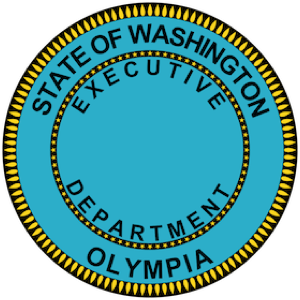The Washington State Office of the Governor (WA Governor) hosts public bill signing ceremonies in response to the passage of legislation by the Washington State Legislature.
Bill Action
- HB 2320 - "Concerning high THC cannabis products."
- SB 5950 - "Making 2023-2025 fiscal biennium supplemental operating appropriations."
